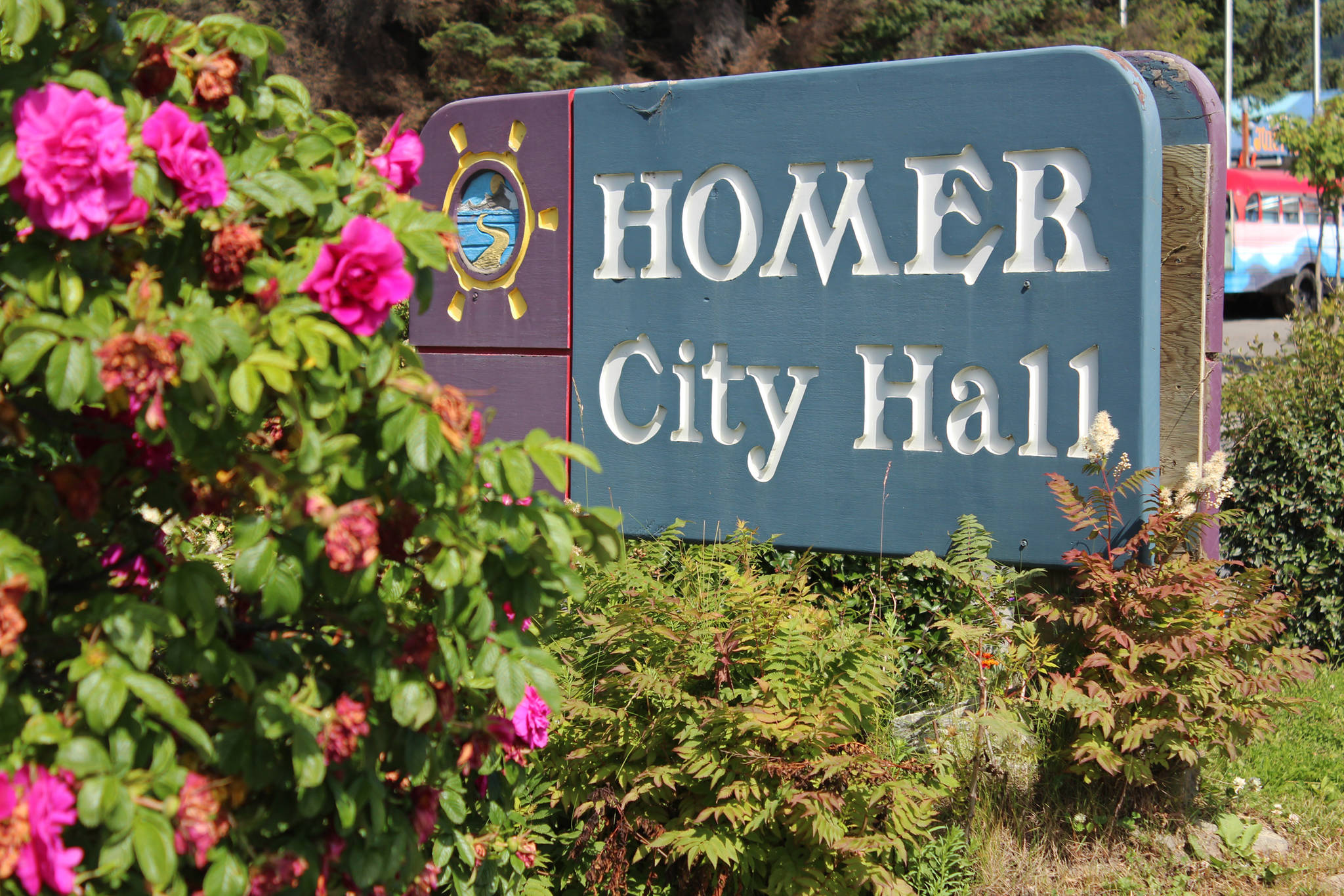The city of Homer is taking a step back after initial steps to help fund a nonprofit that wants to set up a residential treatment center in town.
Set Free Alaska has been working with the Southern Kenai Peninsula Opioid Task Force and approached the city about the possibility of establishing a center in Homer for treating addiction. It’s a faith-based program certified by the state that operates out of the Mat-Su Valley, where it already has a residential treatment program for women.
The center in Homer would be for men, Executive Director Philip Licht told the Homer City Council at a meeting last month. That’s because, in working with the opioid task force, Set Free Alaska identified residential treatment for men as the biggest gap in the Homer community.
Licht told the council previously that Set Free Alaska treats people of any religious persuasion. According to its website, “SFA provides group and one-on-one counseling in conjunction with the Word of God to help guide people into a life of freedom.” This and other aspects of a proposal to help the nonprofit reach its goal through city dollars gave several council members pause at their Feb. 11 meeting. An ordinance that would allocate more than $177,000 to Set Free Alaska so that it could apply for a state grant was set to be voted on that night, but the council voted to postpone taking action.
That ordinance received extensive public comment, with many people praising the work of Set Free Alaska and advocating for a local treatment center, and others questioning the details of the project. Some said it wasn’t clear whether those in treatment would be required to participate in religious activities, even though the nonprofit doesn’t use religion as a discriminator when accepting clients.
Former city council member David Lewis commented that he is not in favor of using city money to fund a faith-based organization. Dory Hagen, a licensed professional counselor in town, commented that there are rules that keep licensed counselors from involving their own religious beliefs with a patient.
“As a professional counselor … we are bound by a code of ethics to not impose our value system on who we see,” she said.
Another issue brought up at the meeting was that other local organizations that have long been working on the issue of addiction, like the opioid task force, weren’t aware the city had funding available to give to addition recovery efforts. The $177,000 allocation from the ordinance comes from the city’s police station fund. The money is what was given to the city last year from the state in community assistance. It was originally put into the police station fund, council member Heath Smith explained, but he said it is no longer needed there.
When Set Free Alaska approached the city asking for a match in order to have a better chance at getting its grant, Smith said he and council member Shelly Erickson looked for funds that could be spared and landed on the community assistance money.
Council members Donna Aderhold and Caroline Venuti introduced a substitute to the original ordinance at the Monday meeting. The substitute would split up the allocation by giving $40,000 to Mobilizing for Action through Planning and Partnerships (MAPP) for Task Force coordination, and $10,000 to the Homer Foundation’s City of Homer grant fund “specifically for Homer-based organizations conducting programs and events related to addiction prevention, treatment, harm reduction, and recovery.”
Ginny Espenshade, director of the Kenai Peninsula Youth Court in Homer, said that because this treatment center would be such an important addition to the community, the council needs to be careful in moving forward with potentially helping to fund it.
“This is a tremendous opportunity for public-private partnership, but there’s also a tremendous responsibility to do it right,” she said. “To do it thoughtfully, to do it carefully, to do it in a way that will be sustainable and not just relying on grants. Grants are not sustainable revenue.”
Espenshade was referencing the state grant Set Free Alaska has already applied for that would provide $1.5 million over two and a half years. Licht has estimated the project, which is to renovate an existing building in Homer into a 16-bed facility, will cost about $3.2 million.
Josh Garvey, a Homer resident, said that Set Free Alaska has a “sustainable business model.” At the same time, he urged the council not to split up the funds among local organizations.
“By attempting to divert those funds to numerous organizations, you actually start to water down our potential to make impact in our community,” he said.
Smith said the ordinance funding Set Free Alaska was not an attempt to disrespect local organizations already doing work on addiction recovery.
“The only reason that Phillip (Licht) and Set Free were able to find any money was because they came and asked,” he said.
Some council members, like Rachel Lord, said they’d feel better about the funding if they could find out more specifics from Set Free Alaska about how exactly the money would be spent. They would also like to see more details about exactly what the proposed facility would entail and how the nonprofit would accept and treat clients.
The council ultimately voted to postpone the issue until its next meeting on Feb. 25.
Reach Megan Pacer at mpacer@homernews.com.

